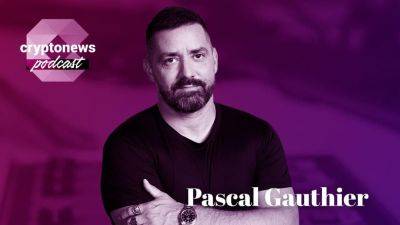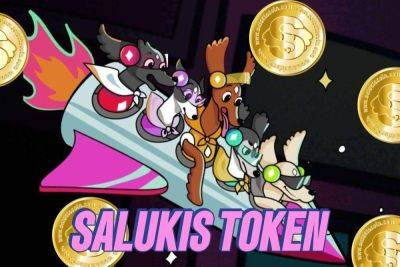Friendster, Nostr Show How Decentralization Can Transform Social Media
Rachel Wolfson has been covering the cryptocurrency, blockchain and Web3 sector since 2017. She has written for Forbes and Cointelegraph and is the host and founder of Web3 Deep Dive podcast.
Data from Statista reveals that during Q2 of 2024, YouTube removed over 3.26 million channels from its platform, highlighting the increasing prevalence of centralized control over user content on social media.
This growing trend of censorship has extended across major platforms such as Instagram and TikTok, with both being known for frequently banning user accounts.
The issue of centralized control became even more prominent when, on August 24, 2024, French authorities arrested Telegram’s billionaire founder Pavel Durov.
Authorities allege that Durov enabled criminal activities on Telegram. While the outcome of this case is still uncertain, it raises concerns about the future of user autonomy on centralized platforms.
In response to these developments, decentralized alternatives like Friendster and Nostr are gaining momentum, demonstrating how social media can transform through decentralization.
Friendster, a social networking service launched in 2002, once allowed users to connect, network, and interact. However, the platform shut down in 2015 due to difficulties in maintaining its user base.
Now, Mike Carson, CEO of Friendster and Founder of Spaces Protocol, is planning to relaunch the platform using decentralized domain names.
Carson explained to Cryptonews that Spaces Protocol would allow users to create and own domain names on the Bitcoin blockchain, presenting a new model compared to traditional centralized registration systems.
“The goal behind Spaces Protocol is to remove registries and ICANN registration across social media,”
Read more on cryptonews.com




















